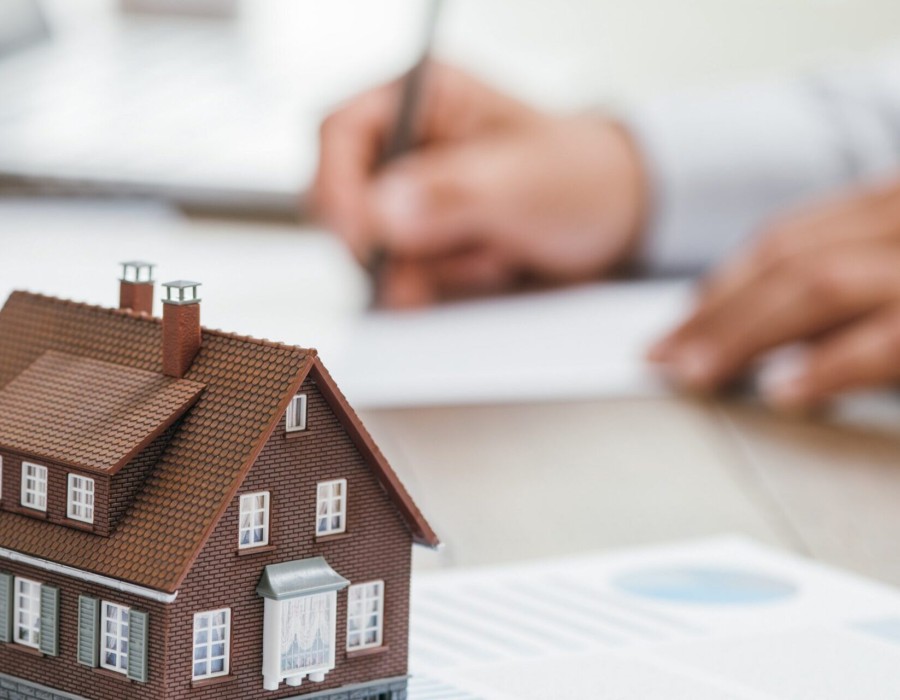Living in a rental property comes with expectations—chief among them is that your home is safe, healthy, and fit for living. But for far too many tenants across the UK, these basic standards are not being met. Damp walls, mould-infested ceilings, pest invasions, broken boilers, and leaking roofs are just a few of the serious housing disrepair issues that landlords too often neglect. When landlords fail to act, tenants have the legal right to hold them accountable.
No tenant should be forced to live in unsafe or unsanitary conditions. If you’ve complained about disrepair and your landlord isn’t responding, it’s time to take control of the situation. With the support of housing disrepair experts, you can not only demand that essential repairs be completed but also claim compensation for the impact the disrepair has had on your life.
What Is Housing Disrepair?
Housing disrepair refers to any condition in a rented property that has deteriorated or become unsafe due to neglect by the landlord. These issues typically arise when the landlord fails to carry out necessary maintenance or repairs.
Common examples of housing disrepair include:
- Persistent damp and mould due to leaks or poor ventilation
- Water damage from broken pipes or leaking ceilings
- Heating system failures, especially during cold months
- Faulty electrical systems or unsafe wiring
- Broken doors or windows that affect security
- Infestations of pests like rats, mice, or cockroaches due to structural damage
Any of these problems can make your home uncomfortable—or even dangerous—and can severely affect your health and wellbeing.
Your Landlord’s Legal Obligations
UK law is clear: landlords are legally responsible for maintaining the structure and exterior of rental properties and ensuring they are fit for human habitation. Specifically, the Landlord and Tenant Act 1985 and the Homes (Fitness for Human Habitation) Act 2018 place legal duties on landlords to:
- Keep the building’s structure and exterior in good repair
- Maintain installations for the supply of water, gas, electricity, and sanitation
- Ensure heating and hot water systems are working correctly
- Fix any issues that could pose a hazard to the tenant’s health or safety
If your landlord fails to fulfill these duties—even after you’ve reported the issue—you have the legal right to pursue a housing disrepair claim.
When Is It Time to Take Action?
Many tenants hesitate to take action out of fear of eviction or conflict with their landlord. However, the law protects you from retaliatory eviction if you’re exercising your legal rights in good faith.
You should consider seeking legal help if:
- You have reported disrepair and your landlord has ignored or delayed action
- The disrepair has existed for weeks or months
- Your health or safety is at risk due to the condition of the property
- You’ve suffered damage to your personal belongings
- You’ve incurred financial loss (e.g., higher heating bills or medical expenses)
What Can You Claim?
With help from housing disrepair experts, you can claim compensation and get the repairs done. There are typically two main outcomes:
- Repairs
- The landlord will be legally required to carry out the necessary repairs to make the home habitable again.
- Compensation
- You may be awarded financial compensation for:
- The inconvenience and loss of enjoyment of your home
- Health problems caused or worsened by disrepair
- Damaged personal property
- Costs for alternative accommodation or temporary fixes
In many cases, tenants can receive up to 50% of their annual rent as compensation for living in uninhabitable conditions.
The Role of Housing Disrepair Experts
Making a claim on your own can be overwhelming, especially if your landlord is uncooperative or hostile. That’s why working with professionals can make all the difference.
At The Housing Disrepair, our team of experienced housing disrepair experts handles every part of the process—from evidence gathering to negotiation and legal representation. We work on a no win, no fee basis, which means there’s no financial risk to you.
We’ll help you:
- Understand your rights and assess your eligibility
- Collect evidence including photos, medical records, and expert surveys
- Handle all correspondence with your landlord
- File the claim and represent you in court if necessary
- Secure both repairs and financial compensation
What You Should Do Now
If you believe your landlord is failing in their duties, follow these steps:
- Report the issue in writing. Make sure to keep copies of all communications.
- Document everything. Take photos or videos of the damage and keep records of any health effects or financial losses.
- Give your landlord reasonable time (usually 14 to 28 days) to respond.
- Seek legal support if the issue is ignored or unresolved.
You deserve to live in a safe, clean, and functional home. If your landlord isn’t meeting their obligations, don’t wait—act.
Need expert help? Contact the Housing Disrepair Experts today to find out if you’re eligible for a claim. You may be entitled to free repairs and significant compensation. Let us help you hold negligent landlords accountable.





Comments